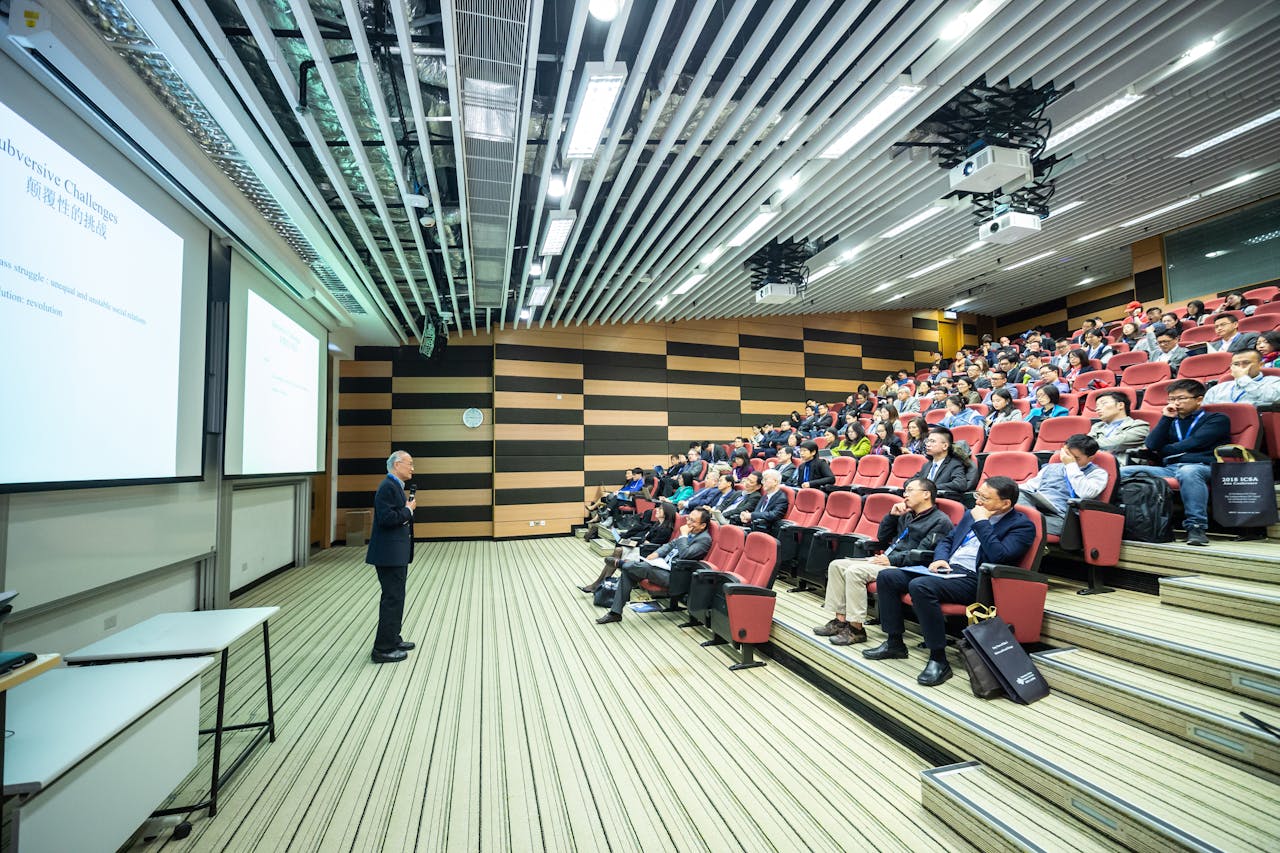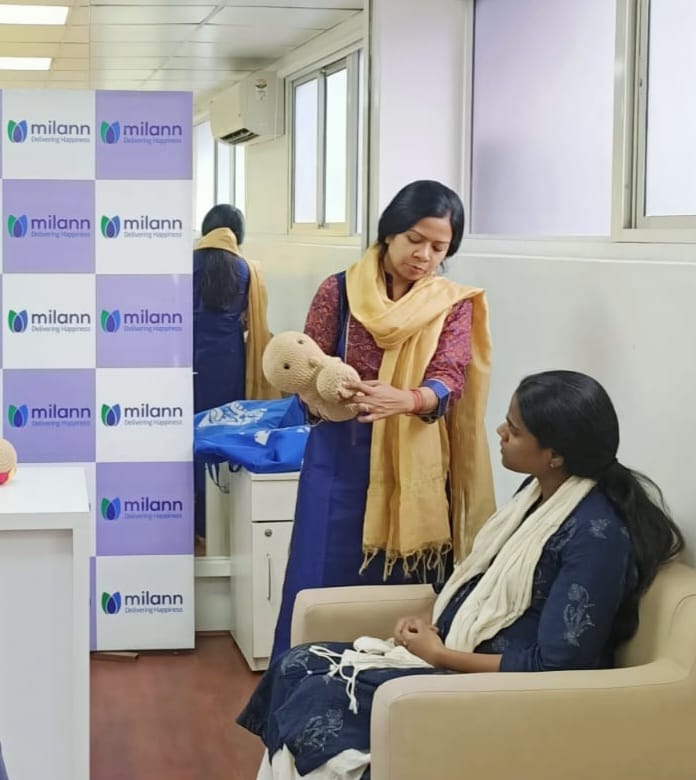At the Thirteenth Ministerial Conference of the World Trade Organization, Colombia was involved in several highly relevant consultations.
For example, the country played a key role in extending the moratorium on non-violation and situation complaints under the Agreement on Trade-Related Aspects of Intellectual Property Rights, which has been extended until the next ministerial conference in 2026.
This extension means that none of the 164 WTO member countries can sue those who maintain measures to protect the well-being of their citizens in relation to intellectual property rights, even if this reduces the benefits for the plaintiff country.
The Minister of Trade, Industry and Tourism, Germán Umaña Mendoza, was responsible for submitting this application. Minister Umaña Mendoza said that “although the results of the ministerial conference are bittersweet and highlight the current challenges related to multilateralism, this extension of the moratorium is an important step forward”.
Colombia also took the lead in the declaration of 69 developing countries expressing their dissatisfaction with the TRIPS Agreement on Intellectual Property, which was not revised at this Ministerial Conference to make concessions in favour of human health, life and biodiversity, and which was not examined in relation to the Convention on Biological Diversity and the Protection of Traditional Knowledge and Folklore.
Minister Umaña Mendoza expressed his incomprehension that the issue of the environment was only marginally addressed at the ministerial conference. Therefore, Colombia and several other countries have signed a declaration calling on WTO members to be more transparent about environmental measures.
In response to the lack of consensus on the possibility of suspending the application and implementation of intellectual property rights for medicines, vaccines and health technologies, Colombia and other countries called in the ministerial declaration for the inclusion of a section on response to future pandemics, which was granted.
Therefore, the WTO is urged to learn all the lessons from the COVID-19 pandemic and to use the lessons learned to find effective and rapid solutions to future pandemics.
Minister Umaña highlighted the aforementioned agreements, but also pointed out that the progress made at the 13th Ministerial Conference was not ideal, as other issues relevant to global trade had been postponed to the 2026 Ministerial Conference.
As far as industrial policy (including subsidies) is concerned, there was no consensus at ministerial level to review it at the global level, although Colombia and other countries showed great interest in this issue. This is due to the narrow definition of subsidies in the WTO, which currently limits the discussion of the new forms of market distortion that we are experiencing.
In the end, the minister said, “we managed to reach a consensus on some important points for Colombia, while other important points were postponed to the 2026 Ministerial Conference. At the multilateral level, however, the results are more negative than positive, which calls for a more thorough review of the structure and content of the WTO.”





